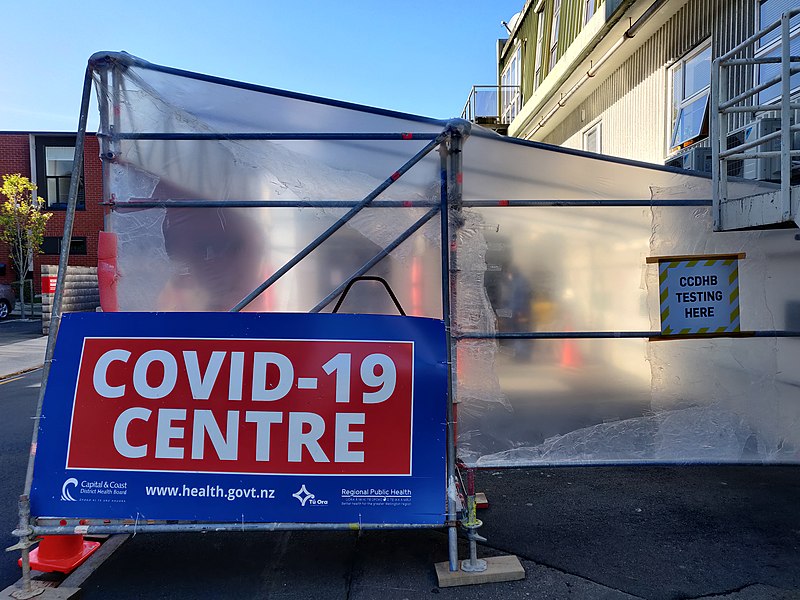Taking a look at the COVID-19 vaccination process


As of Mar. 29, over two million total doses of the COVID-19 vaccine have been administered throughout Canada—thus, over 300,000 people have been fully vaccinated.
“For full vaccination, the vaccines approved for use require two doses, administered a few weeks apart,” the Ontario government has stated.
By no means is this vaccine god-sent. However, it is said to reduce your risk of contracting the virus and make your symptoms much milder if you do get it.
In regards to receiving it, Ontario has mapped out a three-phase plan in an effort to distribute the vaccine across the province.
Phase 1 began in early December of 2020. A small number of doses were available for those most at risk and those caring for these groups of people. Front line workers, those in hospitals, long-term care facilities and so on.
Phase Two 2 will begin in early April. Ontario’s stock of vaccinations has and will continue to increase. In phase 2, older adults, people in high-risk settings and essential workers are eligible to receive the vaccination.
Phase 3, which is most likely to affect those reading, will begin in July. Vaccines will be available all across Ontario for anyone who wishes to receive it. This is when the vaccine will be available to university students.
“It went very smoothly and took about 40 to 45 minutes:, standing in line and then getting the vaccine. Everyone was very nice,” said Anne Rodgers, personal support worker at Elmira District Community Living said.
By definition, a vaccination is meant to support your immune system. It does not cure the disease nor does it infect you with it; it simply allows your immune system to better tackle the virus provided you come into contact with it.
There are currently four vaccines approved for use in Canada: Pfizer-BioNTech, Moderna, AstraZeneca and Janssen.
Rodgers received her first dose of the Pfizer vaccine two weeks ago but “hasn’t experienced any symptoms since getting the vaccine,” she stateds. “My arm felt a little numb for a day but that quickly went away.”
“I am very confident in the vaccine,” Rodgers added. With the ever-present doubt amongst manic skeptics, it’s comforting to know that those receiving the vaccine believe it will work.
Two other notable members of the community have also received the vaccine within the previous week: my own grandparents.
Not only is it important to prioritize those most at risk; it’s comforting to know that two of the people I love most in this world are safer than they were the day prior.
Although my grandfather David Carse—a 2013 inductee to the Cambridge Hall of Fame—experienced no lingering symptoms or side eaffects, my grandmother Joyce had soon begun suffering from mild symptoms quite similar to a cold.
These symptoms passed after only a few days and they are both safe and well. They are optimistic about their next dose and more than ready to see their favourite grandson.
So, if a former chartered accountant in his mid-80s can garner the courage to go get vaccinated, this thing mustn’t be as frightening as many out there believe it to be.
Whether or not you are comfortable and willing to receive the vaccine, it’s never a disadvantage to stay informed. Know your facts and keep an open mind, because. Twitter knows nothing.

